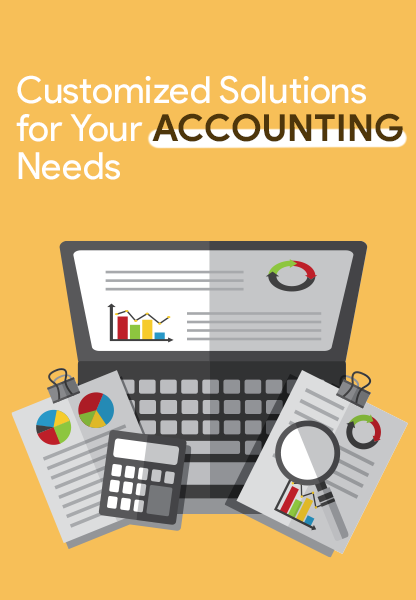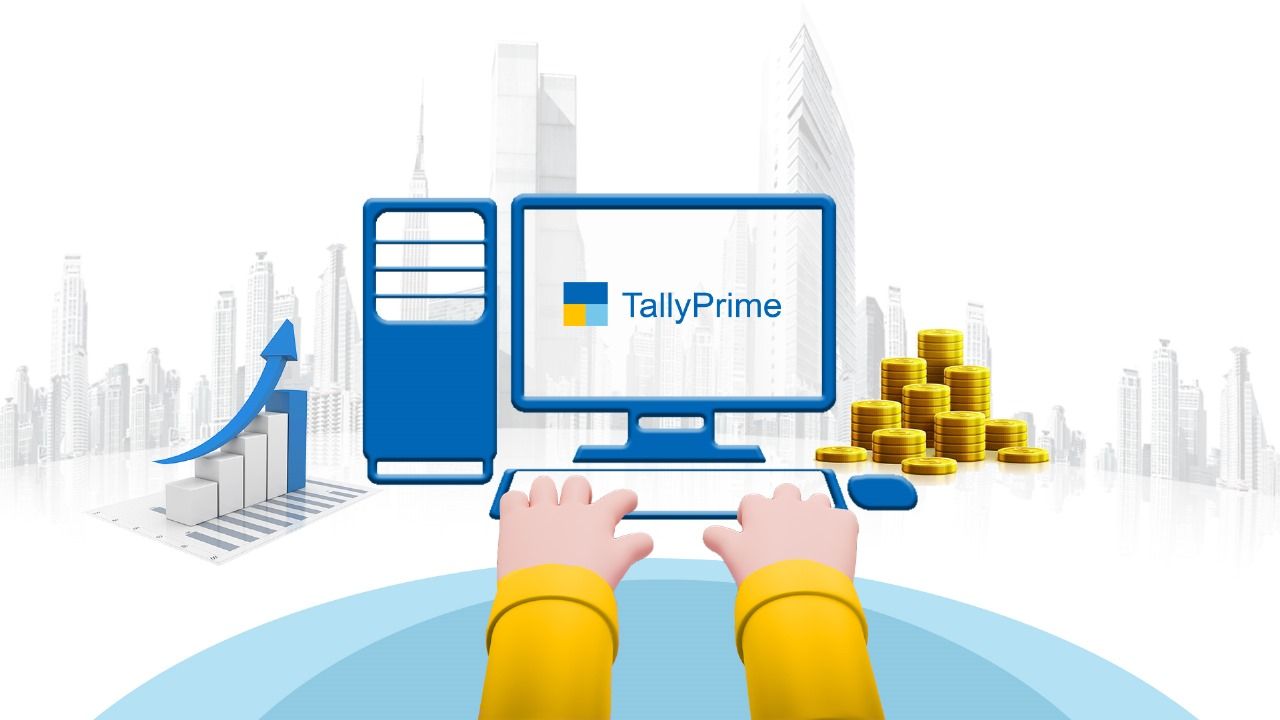
Tally vs ERP: Choosing the Right Accounting Solution for Businesses in the UAE
Accounting software plays a crucial role in managing financial operations for businesses in the United Arab Emirates (UAE). When it comes to selecting the right software, two popular options are Tally and ERP (Enterprise Resource Planning) systems. In this blog post, we will compare Tally and ERP solutions, helping businesses in the UAE make informed decisions based on their specific needs and requirements.
Tally: A Comprehensive Accounting Solution
Tally is a well-established accounting software known for its user-friendly interface and comprehensive financial management capabilities. It offers features like invoicing, bank reconciliation, inventory management, VAT compliance (Value Added Tax), and financial reporting. Tally is especially popular among small and medium-sized businesses in the UAE due to its ease of use, localized functionalities, and compliance with UAE taxation regulations. Tally provides a strong foundation for managing day-to-day accounting tasks efficiently.
ERP: Integrated Business Management Solution
On the other hand, ERP systems are designed to integrate various aspects of business operations into a centralized software platform. While Tally primarily focuses on accounting and financial management, ERP systems offer a broader range of functionalities. They encompass modules for accounting, inventory management, sales and customer management, procurement, human resources, and more. ERP solutions provide a holistic view of the business, enabling seamless coordination between different departments and enhancing overall operational efficiency.
Scalability and Customization:
When it comes to scalability and customization, ERP systems often have an advantage. They are designed to accommodate the growth and changing needs of businesses, making them suitable for both small organizations and large enterprises. ERP solutions offer flexibility in terms of customizations and module integrations, allowing businesses to tailor the system to their specific requirements. This scalability and customization capability make ERP systems ideal for businesses aiming for long-term growth and expansion.
Simplicity and Cost-effectiveness:
Tally is widely recognized for its simplicity and cost-effectiveness. It is relatively easy to set up and use, making it accessible to users with limited accounting knowledge. Tally's pricing structure typically involves a one-time licensing fee, making it an affordable option for businesses with budget constraints. On the other hand, ERP systems tend to be more complex and may require dedicated IT resources for implementation and maintenance. They often involve recurring subscription costs and additional expenses for customization and integrations.
Integration and Reporting:
While Tally offers seamless integration with other applications commonly used in the UAE market, ERP systems excel in integration capabilities. ERP solutions provide extensive integration options with CRM (Customer Relationship Management), SCM (Supply Chain Management), and other business management software. This integration facilitates data synchronization, enhances collaboration between departments, and provides a comprehensive view of the business's operations. ERP systems also offer advanced reporting features, allowing businesses to generate detailed and customized reports for better decision-making.
Conclusion:
Choosing between Tally and ERP systems depends on the specific needs and goals of a business in the UAE. Tally is an excellent choice for small to medium-sized businesses requiring a user-friendly and cost-effective accounting solution that complies with UAE regulations. It provides essential accounting functionalities and localized features tailored to the UAE market.
ERP systems, on the other hand, offer a broader range of functionalities, integration capabilities, and scalability. They are ideal for businesses seeking a comprehensive business management solution that can support growth and streamline operations across various departments.
It is recommended for businesses in the UAE to assess their requirements, budget, and long-term objectives before making a decision. Evaluating factors such as simplicity, cost-effectiveness, scalability, customization options, integration capabilities, and reporting features will help businesses identify the most suitable accounting solution that aligns with their unique needs.















